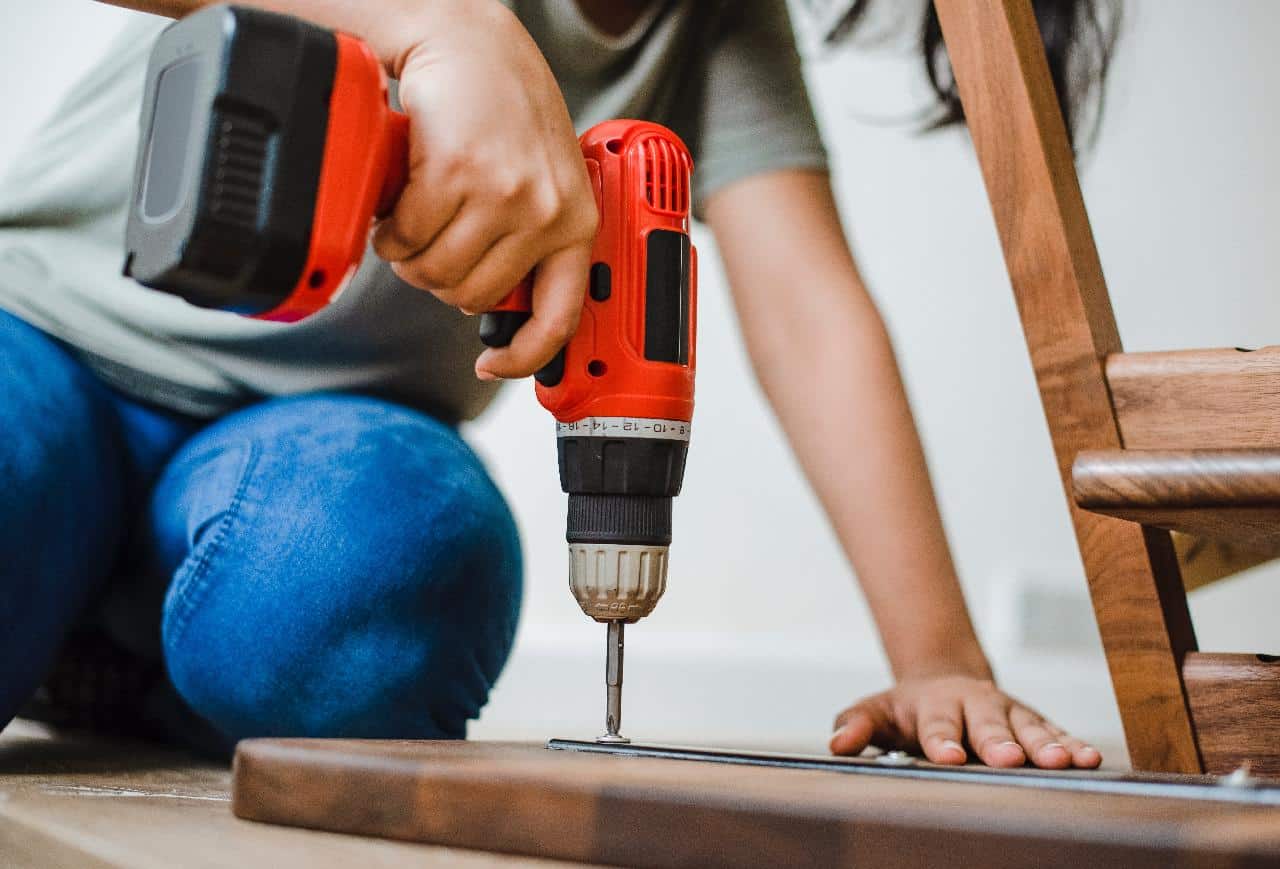If you’re considering getting a home warranty, you might feel a little lost. There are so many possible risks and hidden costs of having a home that it’s easy to get frightened. Beyond this, there are dozens of homeownership elements that it seems are never discussed despite how helpful it would be to have known about them earlier on in life. The following will explore a few things you might want to keep in might if you’re looking at home warranties. Of course, every home is different, so if you have a particular concern having to do with your specific home, it’s a good idea to speak to multiple warranty providers and a local contractor about it before you make any decisions.
What Is A Home Warranty?
In the simplest sense, a home warranty is an insurance policy that homeowners pay in exchange for coverage of repair costs for many of their home appliances and systems. Often the goal of a home warranty policy is to protect yourself from out-of-pocket expenses that you weren’t prepared for, like fixing a broken boiler, a leaking water heater, a malfunctioning fridge, or plumbing work that is dripping. Many people who use a home warranty cite both the protection of their appliances and peace of mind as benefits of their policy.
Is This The Same As Homeowners Insurance?
Homeowners insurance is different than a home warranty. A home warranty focuses on covering any repairs or replacements of home systems; homeowners insurance focuses on your home’s structure and your belongings. Typical homeowners insurance policies might cover damages from fires, accidents, storms, or floods.
What Is Covered By A Home Warranty?
While every home warranty policy is a little different, there are some general elements they tend to protect. Your home systems like the plumbing and electrical work are often covered. Heating and cooling systems, including your water heater, are often covered. In addition, appliances like your washer, dryer, oven, range, garbage disposal unit, and built-in microwave are often covered. It is important to read any policies you’re considering carefully; you want to understand what your responsibilities are as well as what you’re covered for.
How Much Will It Cost?
Home warranty policies come in a variety of shapes and sizes. Typically, basic coverage starts somewhere around $300, but more comprehensive plans can reach up to $600; consider American Home Shield costs to get an idea of the variety of options available. In many cases, there are add-ons available for specific elements in your home. Something like a swimming pool might not be included in a standard policy but available as a paid-for feature.

Improper Maintenance Clauses
In many cases, a home warranty policy will contain an improper maintenance clause. This means that your policy probably will not cover any items that haven’t been properly maintained. A provider can outline for you what proper maintenance is for a particular item, but you will have to handle this work yourself (and you may want to document that the work was done in case it comes up in a claim). Proper maintenance work is something you should be doing anyway, but it’s still useful to understand what obligations you have to keep your items covered. It’s important that if you’re buying a used home, you need to understand that previous neglect of proper maintenance is included in this clause. This means that if the previous owner wasn’t taking proper care of the furnace, the furnace might not be covered regardless of how well you take care of it.
Comparison Of Costs
The cost of repairing or replacing a home’s system tends to be more expensive than paying for a home warranty. This being said, there could well be several years where nothing breaks down.
Contractors And Repair Work
Home warranties often eliminate the need to find a contractor when something breaks down in your home, as your provider will send someone. This being said, you’re often unable to choose your own expert if you want the warranty to pay for a repair or replacement as the one they send is the one you get.
In Summary
A home warranty can be the right choice for you and your household, provided you understand the policy in its entirety. Don’t sign for one until you know exactly what is covered and under what maintenance conditions. Some people have the financial wherewithal to put away an appropriate amount of money on their own without the help of a home warranty, whereas others prefer to have the help of a reputable company should something go wrong. Like so many other aspects of homeownership, there is no answer that is automatically correct. Your personal comfort levels and financial situation are going to be part of whether a choice is right for you or not.
Discover more from Futurist Architecture
Subscribe to get the latest posts sent to your email.


![modern apartment [article_title]](https://www.futuristarchitecture.com/wp-content/uploads/2025/03/Minimalist-Lighting-Ideas-for-Apartments-That-Prove-Less-Is-More-900x600.jpg)
